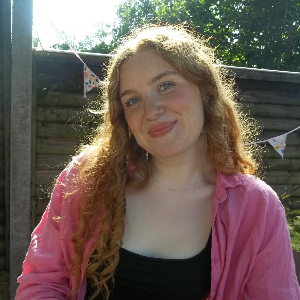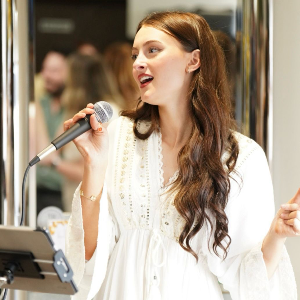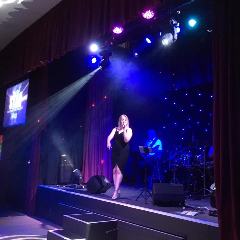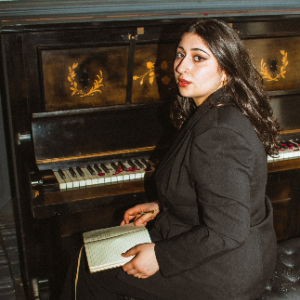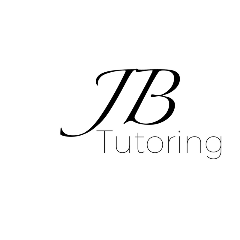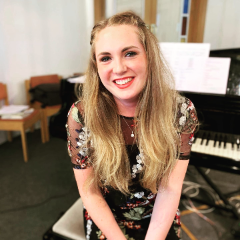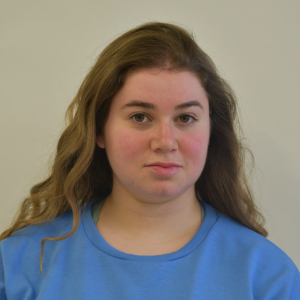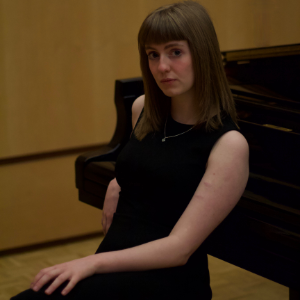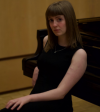What qualifications should I look for in a singing tutor in Exeter?
When searching for a singing tutor in Exeter, it's important to consider their qualifications and experience. Ideally, a tutor should have formal training in vocal performance or music education, such as a degree in music from a recognised institution. Additionally, look for tutors who have experience teaching at various levels, from beginner to advanced, and those who might have practical performance experience. Many qualified tutors will also hold certifications from prestigious examination boards like ABRSM. It's beneficial if they have a DBS certificate, ensuring they are cleared to work with children and vulnerable adults. By choosing a tutor with these qualifications, you ensure that they have the necessary skills and experience to provide quality singing lessons tailored to your needs.
Are there any local singing workshops or classes available in Exeter?
Exeter boasts a vibrant music scene with numerous opportunities for aspiring singers to develop their skills. Various local music schools and community centres offer workshops and classes that cater to different age groups and skill levels. For instance, the Exeter Music Holiday School provides seasonal workshops that incorporate world music, storytelling through percussion, and folk music, allowing participants to learn in an engaging and interactive environment. Additionally, Exeter Cathedral often hosts choral workshops and concerts that are open to the public. These workshops not only enhance technical skills but also offer a platform for singers to perform and collaborate with others, enriching their musical experience.
What is the typical cost of singing lessons in Exeter?
The cost of singing lessons in Exeter can vary based on the tutor's experience, qualifications, and the lesson format. Generally, private singing sessions can range from £15 to £60 per hour. Tutors with extensive experience or specialist skills may charge at the higher end of the scale. Some tutors offer a free initial lesson, which can be a great opportunity to gauge if their teaching style aligns with your learning preferences. Group lessons or workshops might be more cost-effective if you are looking for a more budget-friendly option. It's advisable to discuss pricing and any package deals with tutors during your initial consultation.
How do online singing lessons compare to in-person sessions in Exeter?
Online singing lessons have become increasingly popular and offer a flexible alternative to in-person sessions. They allow students to learn from the comfort of their own home and often provide a wider selection of tutors, including those who may not be locally based. However, in-person lessons in Exeter have their own advantages, such as the ability to receive immediate, hands-on feedback and the opportunity to engage in ensemble work or live performances. The decision between online and in-person lessons should consider personal learning preferences, convenience, and the specific goals you wish to achieve from your singing training. Both formats can be highly effective with the right tutor.
What local landmarks or cultural entities in Exeter can inspire my singing journey?
Exeter is rich in cultural heritage, offering several landmarks and institutions that can serve as inspiration for your singing journey. The Exeter Cathedral is a hub for music and arts, frequently hosting choral events and concerts that can inspire and motivate aspiring singers. The Northcott Theatre and the Exeter Phoenix are also key venues for live performances, providing opportunities to experience a variety of musical genres and styles. Engaging with these cultural entities not only enriches your understanding of music but also connects you with the vibrant arts community in Exeter. Attending local performances can spark creativity and provide insights into different vocal techniques and styles.
How can singing lessons in Exeter be tailored to individual needs and goals?
Singing lessons in Exeter can be highly personalised to meet individual needs and goals, whether you're a beginner or an advanced student. Tutors often begin with an initial assessment to understand your current skill level, preferred musical styles, and specific objectives, such as preparing for an audition or improving vocal range. Lessons can then be customised to focus on technical skills, such as breath control and pitch accuracy, or performance aspects like stage presence and emotional expression. Many tutors also incorporate music theory to enhance your overall musicianship. By communicating your goals clearly with your tutor, you can ensure that your lessons are structured to maximise your progress and enjoyment.
